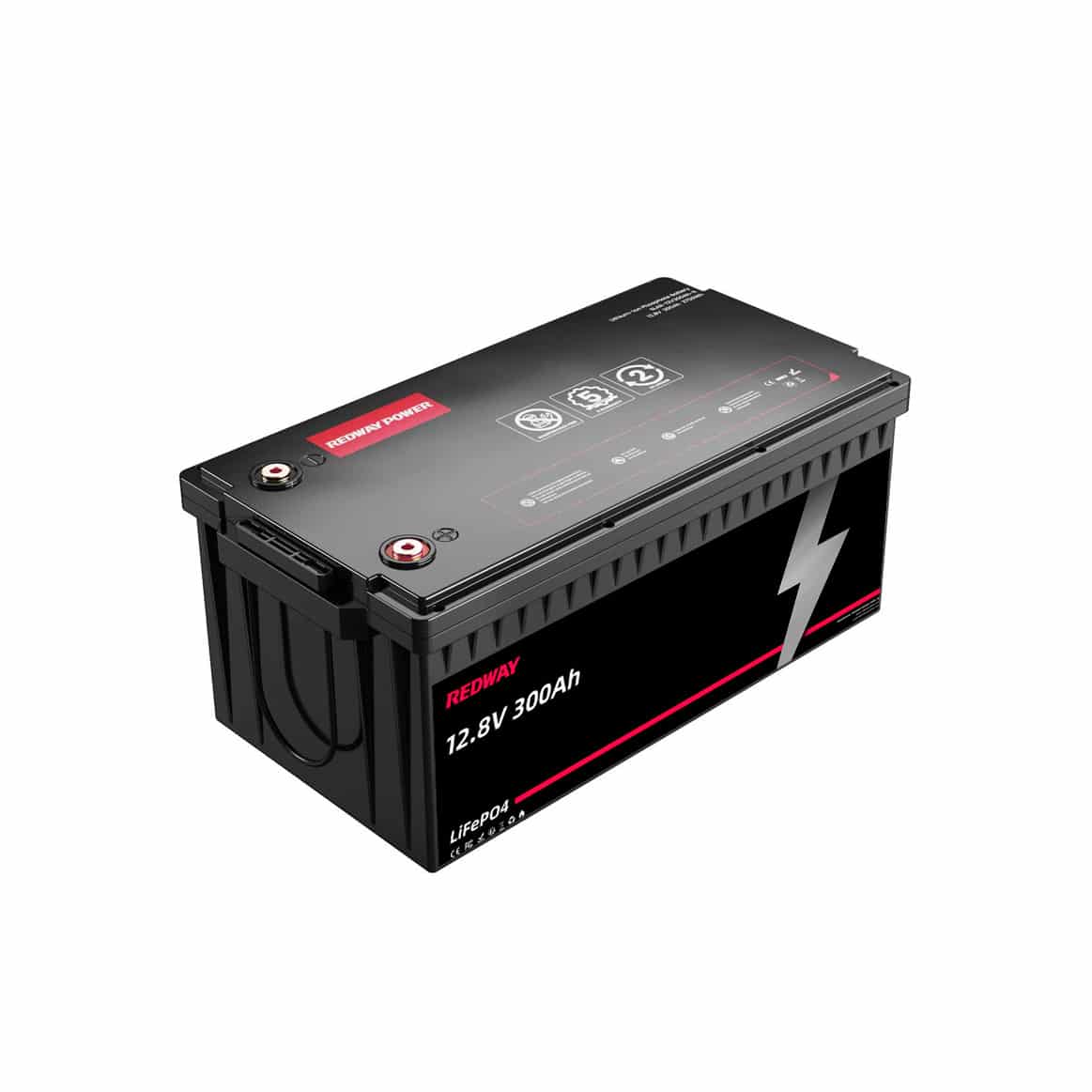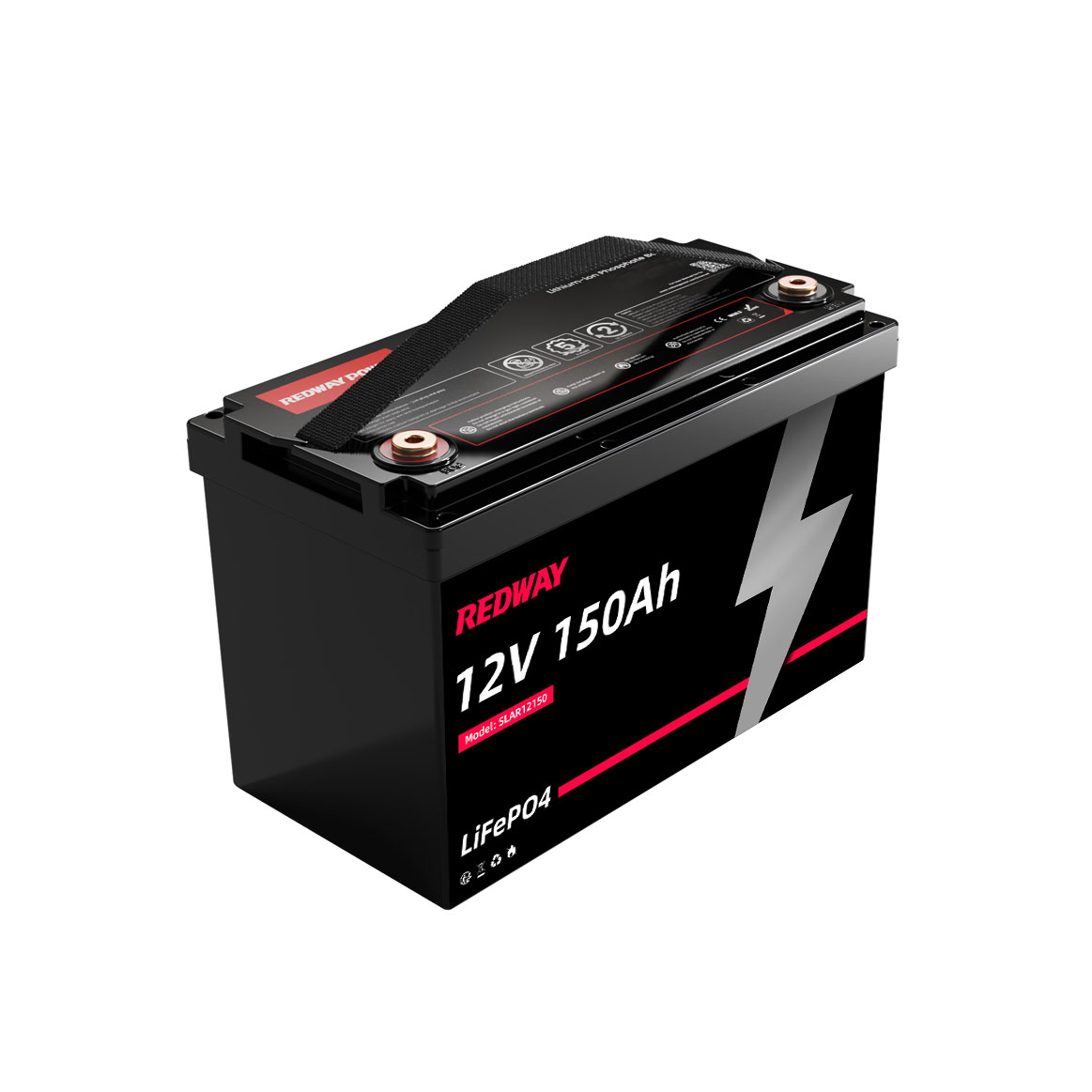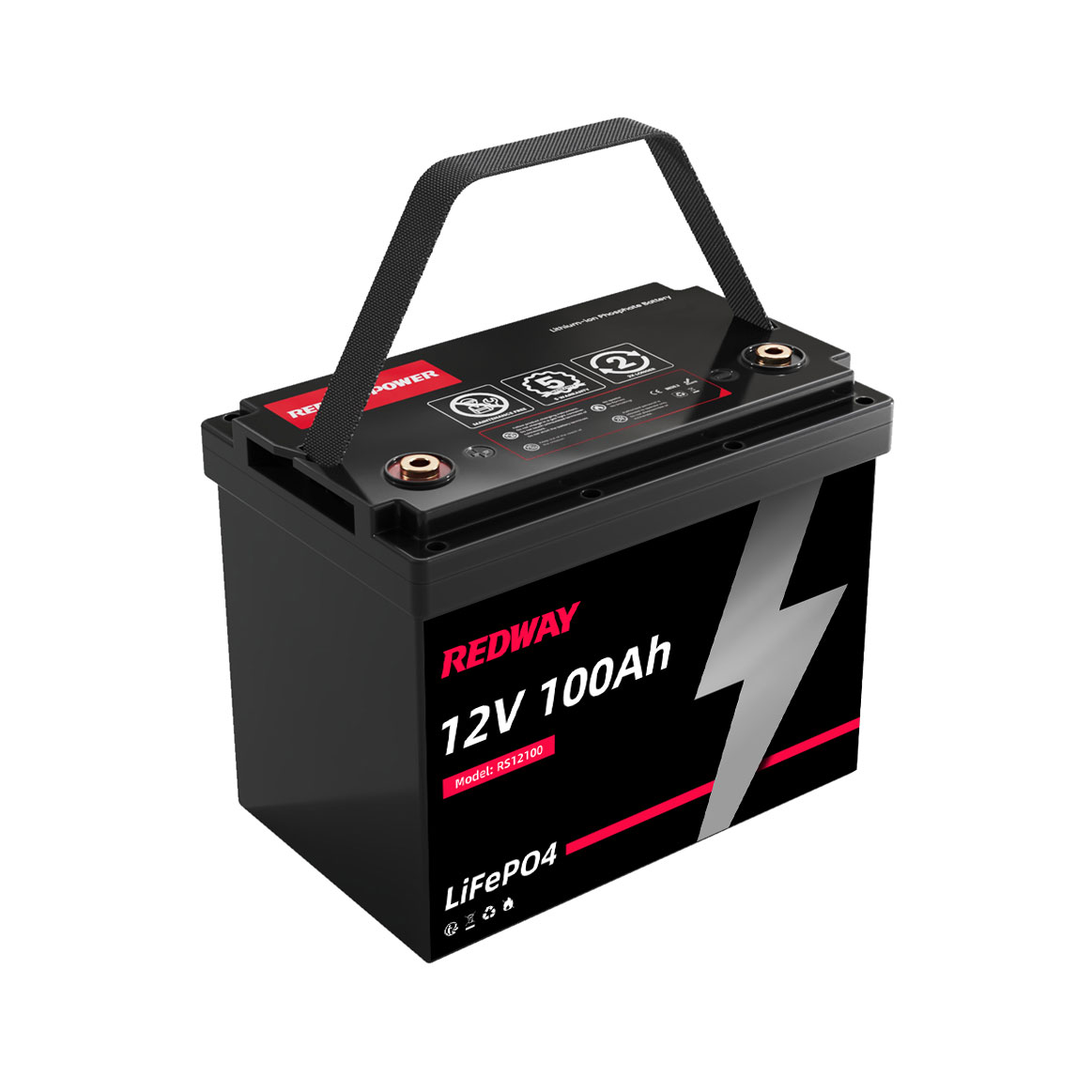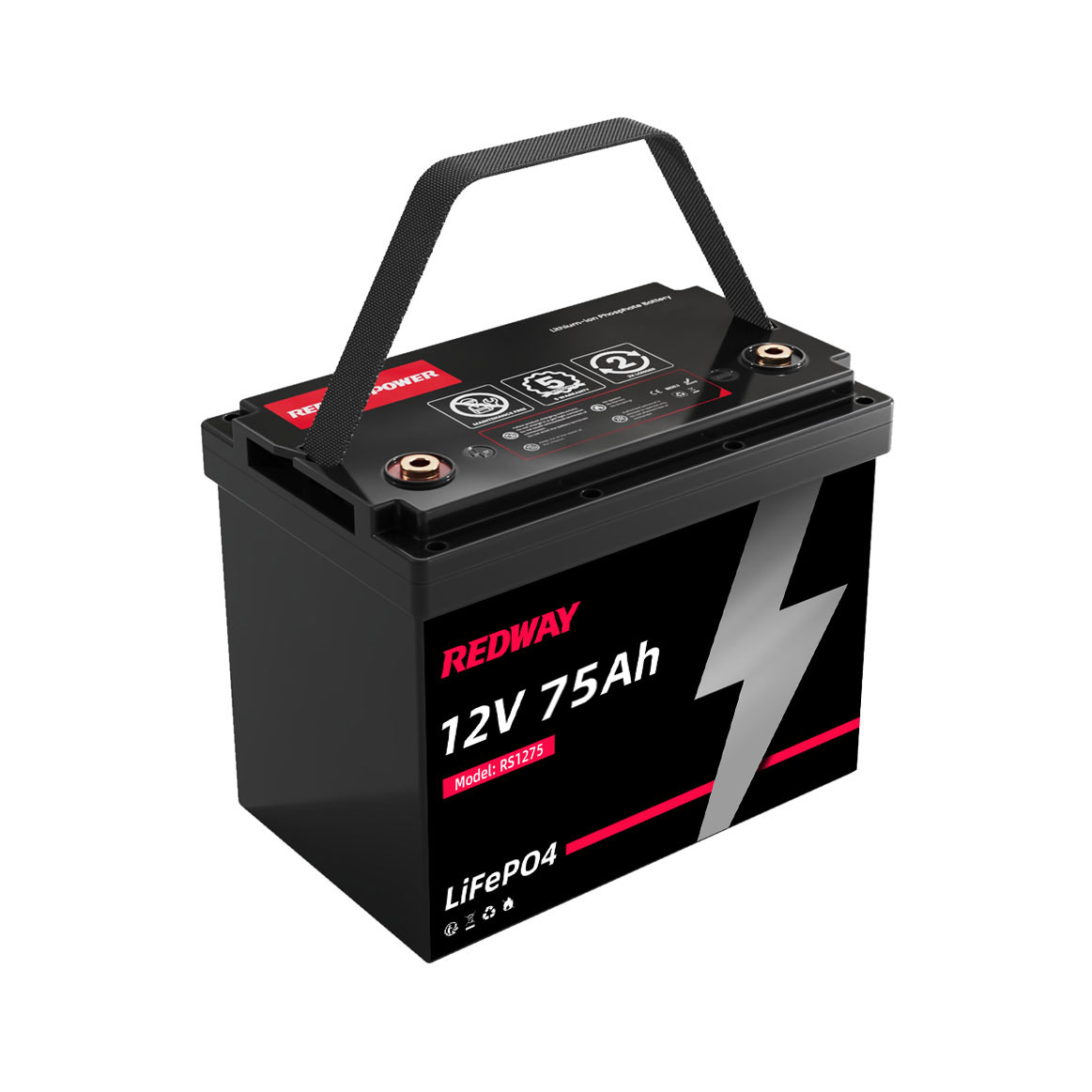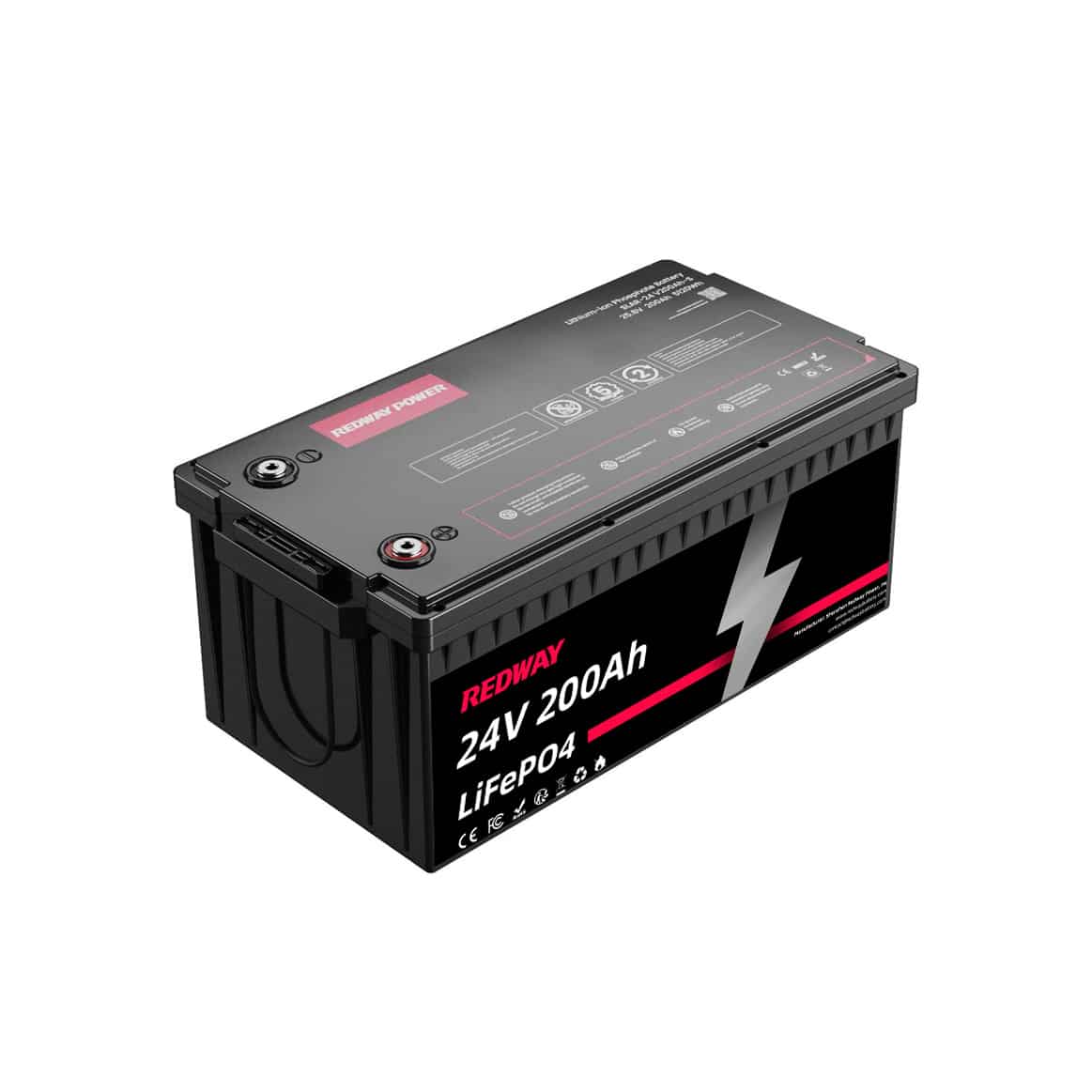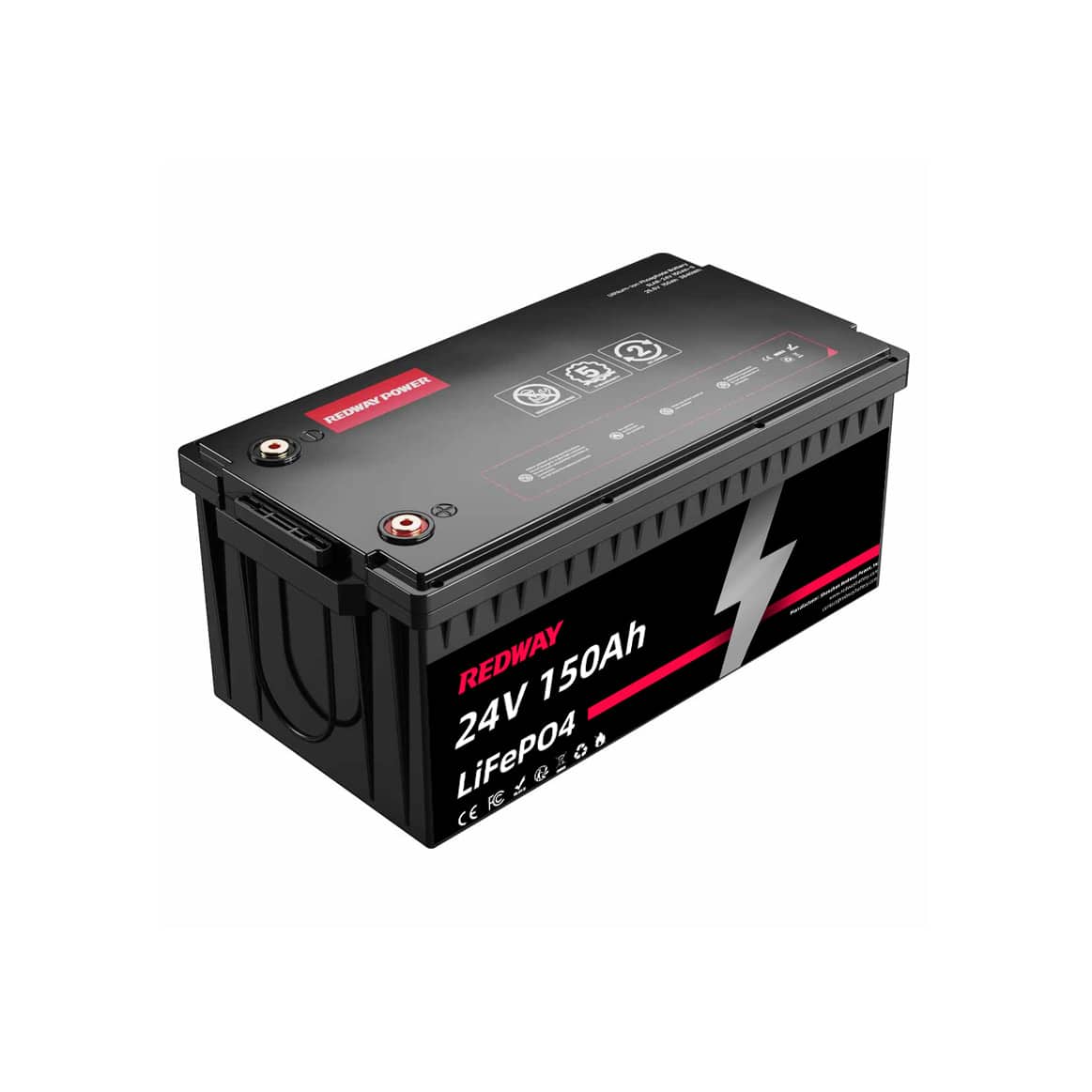Product Cateogries
BCI Group Battery
Redway Battery introduces a groundbreaking line of BCI Group Batteries, setting new standards in energy storage. Crafted with precision and engineered for excellence, our BCI Group Batteries redefine reliability, endurance, and efficiency in every power application. Experience the advantage of an extended lifespan, faster charging, and a lightweight design compared to traditional options. Redway Battery is your trusted source for BCI Group Batteries, offering sustained high-performance energy that meets and exceeds your expectations.
🔥 Big Deals 🔥
Factory Wholesale
from China OEM Manufacturer!
Discover the exceptional performance of Redway Battery’s 12/24/36/48/60/72/96V LiFePO4 Batteries! Up to 6000 times deep cycles (DOD 80%). Perfectly suited for various applications, such as Energy storage, RVs, Solar systems, Marine vessels, Yachts, and Emergency power supply needs, our Lithium LiFePO4 Batteries are the reliable choice for all your energy storage requirements. Reach out for a Quick FREE Quote! 👉👉👉
🔥Buy 10 lithium-ion batteries at wholesale prices for the price of 1 or 2 retail batteries.🔥
🔥We proudly do OEM contract manufacturing for many big brands.🔥
What are the different types of BCI group batteries available?
BCI group batteries come in various types, including flooded lead-acid, Absorbent Glass Mat (AGM), Enhanced Flooded Batteries (EFB), and lithium-ion batteries. Each type has unique characteristics suited for specific applications, such as starting, cycling, or dual-purpose use.
How do I determine the correct BCI group size for my vehicle?
To find the correct BCI group size for your vehicle, consult the owner’s manual or check the existing battery’s specifications. You can also use a BCI group size chart that lists compatible sizes based on your vehicle’s make and model to ensure proper fitment.
What are the advantages of using AGM technology in BCI group batteries?
AGM technology offers several advantages, including vibration resistance, sealed construction to prevent leaks, and maintenance-free operation. AGM batteries also have a lower self-discharge rate and handle deep cycling better than traditional flooded batteries, making them ideal for reliable power applications.
How do I maintain my BCI group battery for optimal performance?
To maintain your BCI group battery, regularly check terminals for corrosion and ensure they are tight. Keep the battery clean and free from dirt. For flooded batteries, monitor electrolyte levels and top up with distilled water as needed. Avoid deep discharges to prolong battery life.
What applications are best suited for specific BCI group sizes?
Different BCI group sizes suit various applications. For example:
- Group 51/51R: Compact cars and light trucks
- Group 24/27: RVs and boats
- Group 31: Heavy-duty trucks and commercial vehicles
Refer to manufacturer specifications to match the right group size with your application.
How does the cold cranking amp (CCA) rating affect battery performance?
The cold cranking amp (CCA) rating indicates a battery’s ability to start an engine in cold temperatures. A higher CCA rating means better performance in cold conditions, providing sufficient power to crank the engine, which is crucial for vehicles operating in colder climates.
What are the environmental impacts of lead-acid battery disposal?
Lead-acid battery disposal poses environmental risks due to lead and sulfuric acid content. Improper disposal can lead to soil and water contamination. However, lead-acid batteries are highly recyclable; over 95% of materials can be recovered when recycled properly. It’s essential to dispose of them at designated recycling centers.
Can I use a lithium-ion battery as a replacement for a lead-acid BCI group battery?
Yes, you can use a lithium-ion battery as a replacement for a lead-acid BCI group battery, as long as it fits properly and meets voltage requirements. Ensure your vehicle’s charging system is compatible with lithium technology to avoid potential damage.
What safety measures should I take when handling batteries?
When handling batteries, wear protective gear like gloves and safety goggles to prevent acid burns or eye injuries. Work in a well-ventilated area to avoid gas buildup, especially with lead-acid batteries. Always follow manufacturer guidelines for safe installation and maintenance.
What are the future trends affecting the demand for BCI group batteries?
Future trends affecting demand for BCI group batteries include the increased adoption of electric vehicles (EVs), advancements in battery technology (like lithium-ion), and a growing emphasis on sustainability through recycling initiatives. Developments in smart battery technologies that enhance performance monitoring may also drive demand across various sectors.

